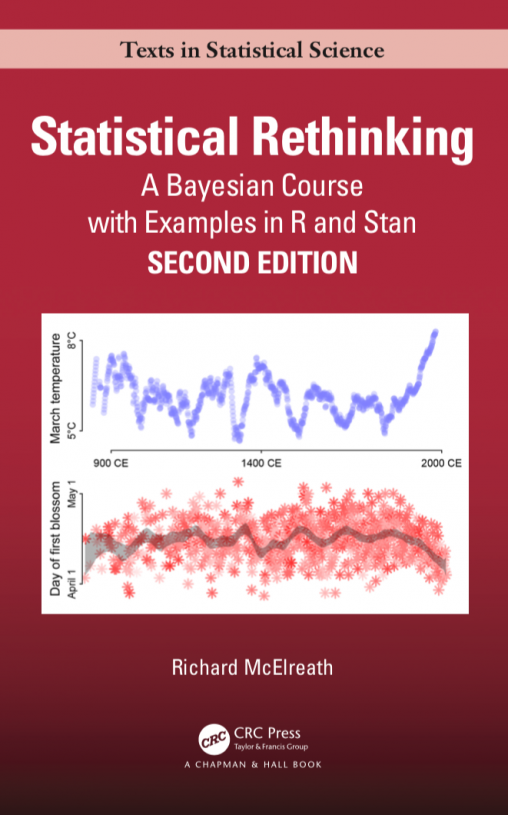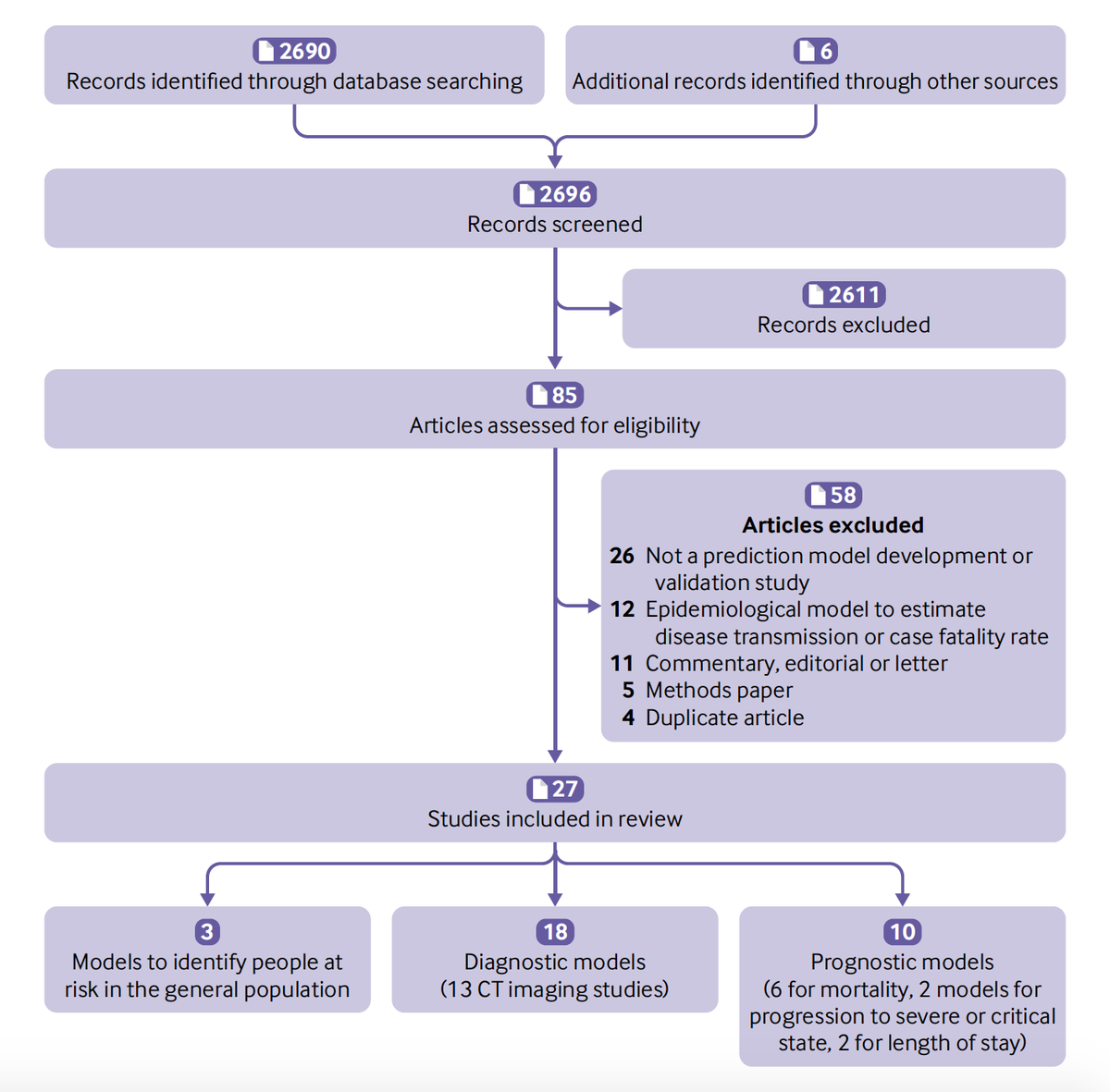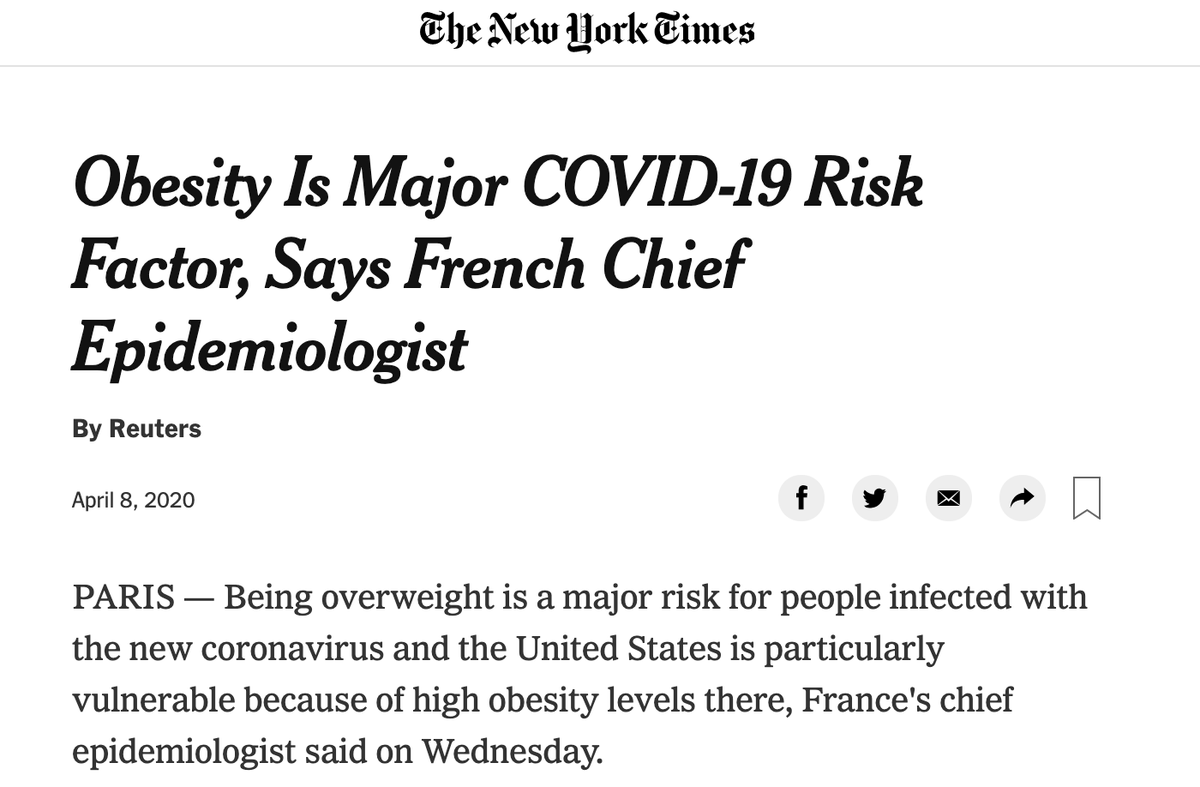
Was asked for personal favorite resources for improving methods and statistics skills. I promised to make it a thread, so here it is
1/n
1/n
I work in medical research, so that is going to be my focus here too. But I’d like to think the resources are relevant to a wider audience
This list should not be taken as a guide to become a statistician, nor is it a must-read list for all academics (obviously)
2/n
This list should not be taken as a guide to become a statistician, nor is it a must-read list for all academics (obviously)
2/n
My personal view is that medical research would benefit from involving trained statisticians earlier and more frequently; not from everyone trying to become one
Here are some good arguments by @statsepi:
medium.com/@darren_dahly/…
And some more: medium.com/@darren_dahly/…
3/n
Here are some good arguments by @statsepi:
medium.com/@darren_dahly/…
And some more: medium.com/@darren_dahly/…
3/n
That said, it is certainly not bad to learn more about methods and stats than the basic (med) curriculum provides, especially if you are (or want to become) a (medical) researcher
As @jacalvache pointed out: collaborating with a statistician may always be an option
4/n
As @jacalvache pointed out: collaborating with a statistician may always be an option
4/n
The obvious starting point is: here.
Yes, @Twitter has taught me a ton about methods and statistics. Follow the hashtags #epitwitter (@epi_twit) and #statstwitter (@statstwitbot). Even #econtwitter is good when they are not talking about linear probability models
5/n
Yes, @Twitter has taught me a ton about methods and statistics. Follow the hashtags #epitwitter (@epi_twit) and #statstwitter (@statstwitbot). Even #econtwitter is good when they are not talking about linear probability models
5/n
Another worthwhile resource is @f2harrell’s Data Methods forum. Many interesting discussions going on there, but I seem to find myself back at this particular discussion about statistical myths started by @ADAlthousePhD:
discourse.datamethods.org/t/reference-co…
6/n
discourse.datamethods.org/t/reference-co…
6/n
Also note this free online #bbrcourse run by @f2harrell (did not attend, but heard good things about it").
hbiostat.org/bbr/schedule.h…
7/n
hbiostat.org/bbr/schedule.h…
7/n
The @bmj_latest statistics notes series is also an excellent resource for short and accessible articles: bmj.com/specialties/st…
Another gold mine: the “Research methods & reporting” articles
bmj.com/research/resea…
8/n
Another gold mine: the “Research methods & reporting” articles
bmj.com/research/resea…
8/n
Talking about reporting: @EQUATORNetwork lists more than 400 relevant reporting guidelines (plz use them!). Many guidelines also come with so-called “Explanation and Elaboration” papers, which are insightful and full with interesting references
equator-network.org
9/n
equator-network.org
9/n
There are also some excellent courses to follow. Too many to mention here, so just a few links here:
netherlands.cochrane.org/cursussen-en-w…
erasmussummerprogramme.nl/summer-program…
keele.ac.uk/pcsc/newsandev…
10/n
netherlands.cochrane.org/cursussen-en-w…
erasmussummerprogramme.nl/summer-program…
keele.ac.uk/pcsc/newsandev…
10/n
(Shameless plug) you can also enroll in our MSc epidemiology program @UniUtrecht (face to face and/or distance learning):
uu.nl/masters/en/epi…
11/n
uu.nl/masters/en/epi…
11/n
Finally, there are some books I should mention
12/n
12/n
Statistical rethinking by @rlmcelreath is a good place to start, even if you are not planning on becoming a Bayesian
xcelab.net/rm/statistical…
13/n
xcelab.net/rm/statistical…
13/n

If you want to know more about prediction modeling this selection is highly recommended (increasing technicality ->)
global.oup.com/academic/produ…
springer.com/gp/book/978303…
springer.com/gp/book/978144…
web.stanford.edu/~hastie/ElemSt… (free)
14/n
global.oup.com/academic/produ…
springer.com/gp/book/978303…
springer.com/gp/book/978144…
web.stanford.edu/~hastie/ElemSt… (free)
14/n

This book (available for free) also deserves recommendation if you are interested in the principles of advanced statistical modeling
link.springer.com/book/10.1007/9…
15/n
link.springer.com/book/10.1007/9…
15/n

For learning more about randomized controlled trials, this is the place to be IMHO:
amazon.com/Statistical-Is…
16/n
amazon.com/Statistical-Is…
16/n

This book provides a great introduction to epidemiology. With a discount code available in the linked tweet below
17/n
https://twitter.com/EpidByDesign/status/1192892228856737792?s=20
17/n

I'll probably think of more later, but this is it for now.
19/n
19/n
How could I forget about THE red book
20/n
20/n
https://twitter.com/samedwardsmd/status/1270423401006424064?s=21
https://twitter.com/samedwardsmd/status/1270423401006424064
• • •
Missing some Tweet in this thread? You can try to
force a refresh








